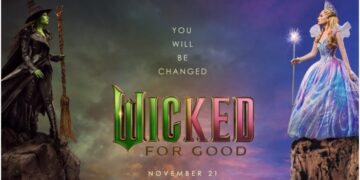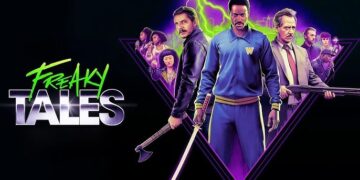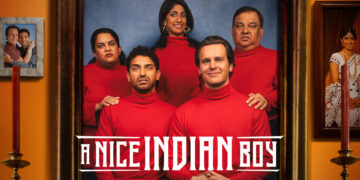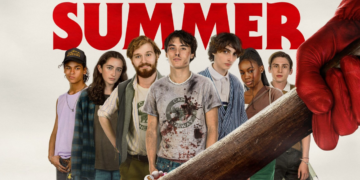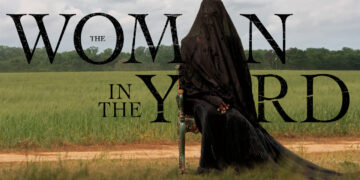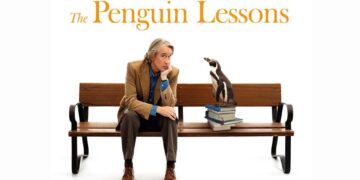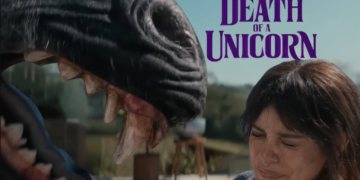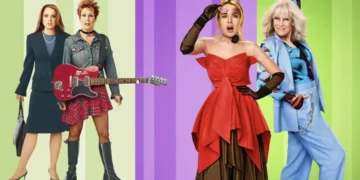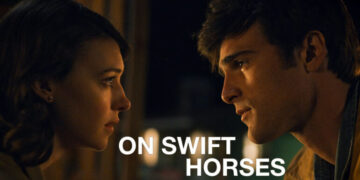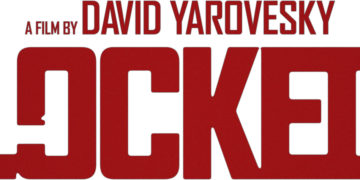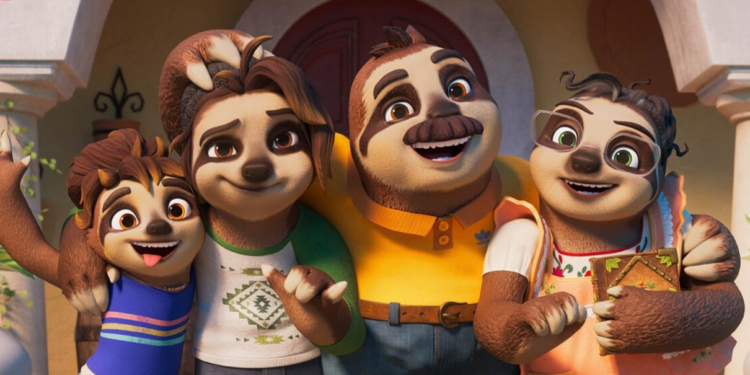Sloths are known for being the slowest, laziest creatures in the animal kingdom—but this sloth family is anything but ordinary. The Sloth Lane, also known as A Sloth Story, is a 2024 animated adventure-comedy directed by Tania Vincent and co-directed by Ricard Cussó, with writers Ryan Greaves and Erica Harrison. After a devastating storm leaves a city in ruins, a speedy sloth named Laura (voiced by Teo Vergara) and her food-loving Spanish sloth family move to the bustling city, with nothing but their rusted food truck, “Esto Es Vida,” determined to start fresh. There, they encounter Dotti Pace, a sharp-witted cheetah and fast-food mogul (voiced by Leslie Jones). As their ambitions clash, the sloths and Dotti find themselves in an unexpected rivalry, each striving to make their restaurant the city’s top food spot.
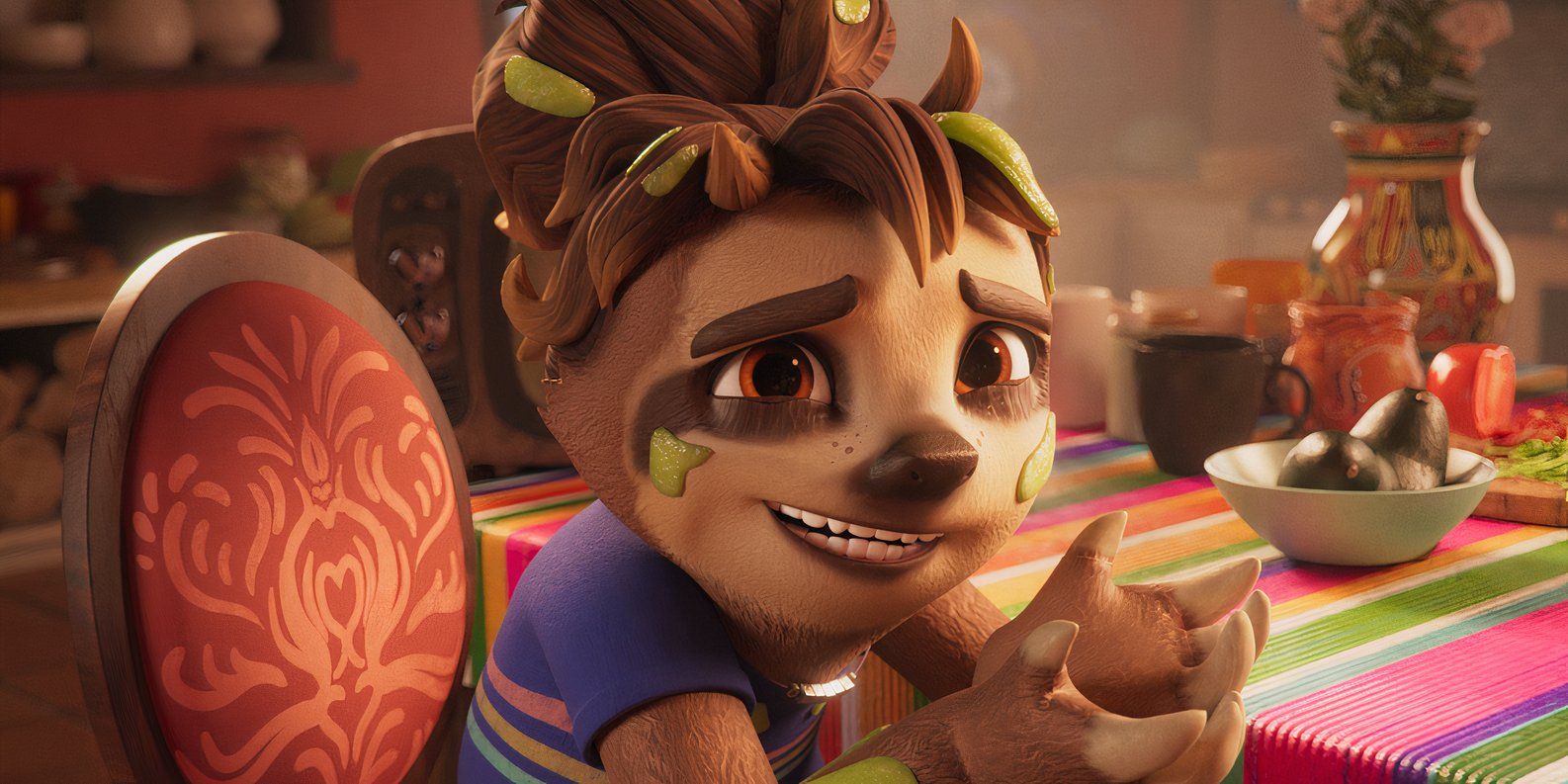
The family embodies the stereotypical slow-paced sloth lifestyle—Laura’s mother, Gabriella (Olivia Vásquez), is the heart of the family restaurant, guarding its treasured recipe book like a prized heirloom. Her father, Luis (Ben Gorroño), finds joy in tending to his garden, while her brother, Mani (Facundo Herrera), embraces boredom without complaint. But Laura is different. She craves speed, excitement, and a life beyond the family food truck. In the bustling city, she’s constantly reminded to “slow down” and honor her family’s culinary legacy. Laura and Gabriella’s perspectives on life couldn’t be more different.
While Gabriella finds comfort in tradition, Laura dreams of a life beyond the kitchen, insisting, “Some of us don’t wanna sloth around all day.” Despite their differences, they share the same goal—making their restaurant a success. But their new city proves to be a challenge. The locals are hesitant to embrace their cultural dishes, unfamiliar with the rich flavors. Laura pushes for change, believing speed is the key to success, while Gabriella insists, “Food is not meant to be fast, it is meant to be savored.” After some convincing, Gabriella embraces the idea, and soon, the once-reluctant community flocks to their food truck. From slow food to fast food, the sloths pick up the pace in more ways than one—ironically.
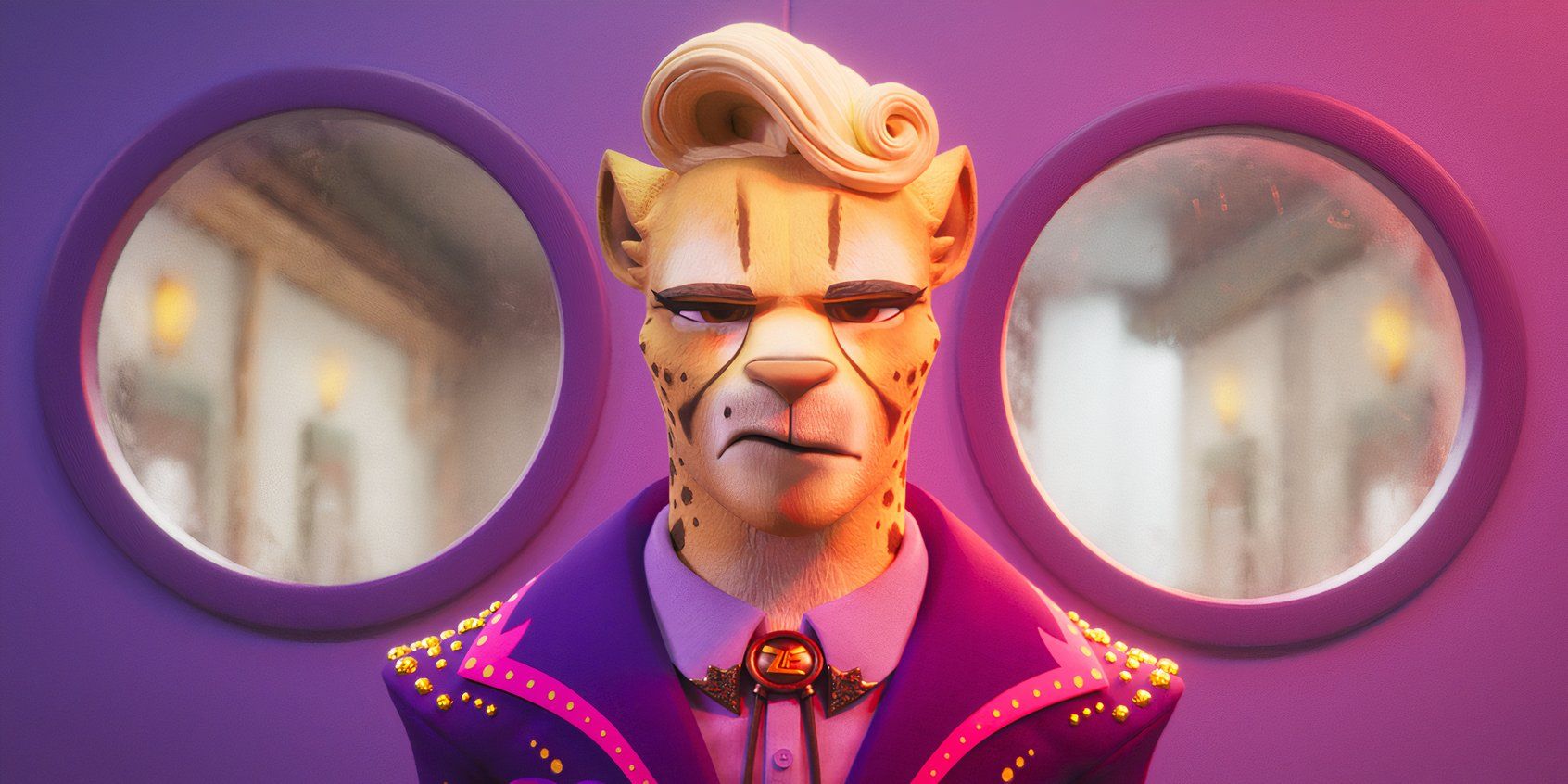
On the other side of the city stands Dotti Pace’s restaurant, Zoom Fuel, built on her fast-paced philosophy: “Food is fuel” and “Seize the moment.” Unlike Laura’s family, Dotti’s focus isn’t on tradition or community—it’s all about profit and efficiency. She operates at lightning speed, valuing success over the heart that goes into cooking. While the film’s target audience seems to be children, Dotti’s sharp-tongued personality, voiced by the fiery Leslie Jones, comes with some surprising moments, including two mild curse words—”damn” and “hell nah”—which, while unexpected, align with her bold, no-nonsense character.
In an attempt to sway Laura to her side, Dotti tempts her with the cunning yet enticing words, “What’s the point of moving fast if you’re stuck in the same place?” and “You want to be stuck in that truck?” This moment highlights the clash between two opposing ideologies, igniting Laura’s internal conflict. Both believe that “fast work equals fast food,” but the real question emerges—does productivity mean sacrificing morals and ethics for the sake of success, not just for sloths but for all animals alike?
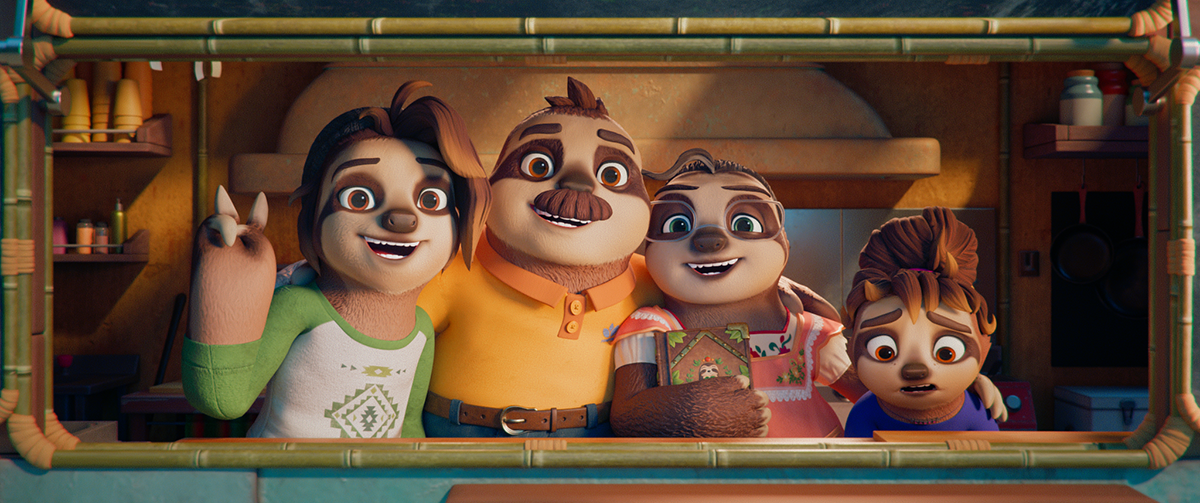
In this animated world, animals behave like humans—they wear clothes, enjoy meals, and navigate city life—yet remain fully aware of their true nature. These anthropomorphic CGI sloths defy the typical slow-moving stereotype, dancing salsa, and merengue while whipping up delicious dishes for their gordita-loving customers. The animation itself is vibrant, with a strong emphasis on color and the joy of food—both its creation and consumption.
While the story sticks to a simple and familiar narrative, A Sloth Story delivers an impactful message for children, showing that family, not fame, is the true key to success.” In the end, they learn life is about ‘season the moment,’ embracing the joy of family, and food, and finding the balance between speed and savoring the journey. Though A Sloth Story may not reach the wider mainstream, embracing stories like this is crucial for ensuring they’re told more often.

